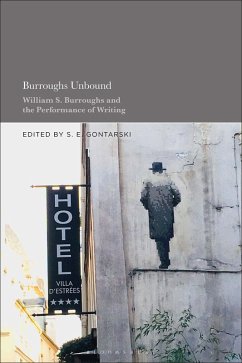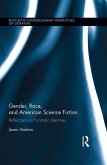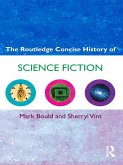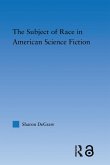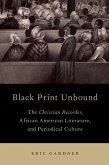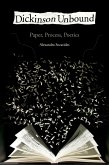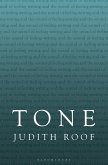In addition to contributing significantly to the growing field of Burroughs scholarship, Burroughs Unbound also directly engages with the growing fields of textual studies, archival research, and genetic criticism, asking crucial questions thereby about the nature of archives and their relationship to a writer's work.
These questions about the archive concern not only the literary medium. In the 1960s and 1970s Burroughs collaborated with filmmakers, sound technicians, and musicians, who helped re-contextualized his writings in other media. Burroughs Unbound examines these collaborations and explores how such multiple authorship complicates the authority of the archive as a final or complete repository of an author's work. It takes Burroughs seriously as a radical theorist and practitioner who critiqued drug laws, sexual practice, censorship, and what we today call a society of control. More broadly, his work continues to challenge our common assumptions about language, authorship, textual stability, and the archive in its broadest definition.
These questions about the archive concern not only the literary medium. In the 1960s and 1970s Burroughs collaborated with filmmakers, sound technicians, and musicians, who helped re-contextualized his writings in other media. Burroughs Unbound examines these collaborations and explores how such multiple authorship complicates the authority of the archive as a final or complete repository of an author's work. It takes Burroughs seriously as a radical theorist and practitioner who critiqued drug laws, sexual practice, censorship, and what we today call a society of control. More broadly, his work continues to challenge our common assumptions about language, authorship, textual stability, and the archive in its broadest definition.

